WIS77: Situs Slot Online Slot 777 Gacor Hari Ini Mudah Menang JP
 Podcast
– Original recording
Podcast
– Original recording
Slot Gacor adalah istilah yang sering digunakan oleh player wis77 untuk menggambarkan sebuah permainan slot online mesin yang memiliki peluang menang besar serta mudah membagikan jackpot dengan rtp tertinggi hari ini. Kemenangan yang mudah cuma cuma bisa kalian temukan melalui media internet klik wis77 mampu membagikan peluang kemenangan yang besar & hadiah sangat menggiurkan di setiap putaran spin slot online.
WIS77 adalah rekomendasi situs slot 777 yang hadir memberikan peluang besar bagi kalian para penggemar judi slot online tingkat kemenangan super instan tidak sampai 10 menit jackpot menanti. Maraknya player judi slot online namun tidak semua dari mereka berhasil meraih jackpot dengan bayaran yang full. Oleh karena itu kami menyarankan kalian untuk memilih situs slot online terpercaya wis77 sebagai tempat melakukan taruhan.
Situs Slot 777 RTP Tertinggi Hari Ini
Salah satu keuntungan yang hanya bisa kalian temukan di wis77 yakni menyediakan permainan slot online dengan rtp tertinggi yang update setiap harinya. Nah, berikut adalah 5 permainan slot gacor hari ini yang sudah terbukti kemenangan besar dan jackpot menanti:
- Mahjong Wins 3 RTP 98,97%
- Gates Of OlympusRTP 97,88%
- Mahjong Ways 2 RTP 96,99%
- Sweet Bonanza RTP 96,97%
- Spaceman RTP 95,84%







 LOGIN
LOGIN
 ALTERNATIF
ALTERNATIF
 DAFTAR
DAFTAR
 PROMOSI
PROMOSI
 LIVE CHAT
LIVE CHAT